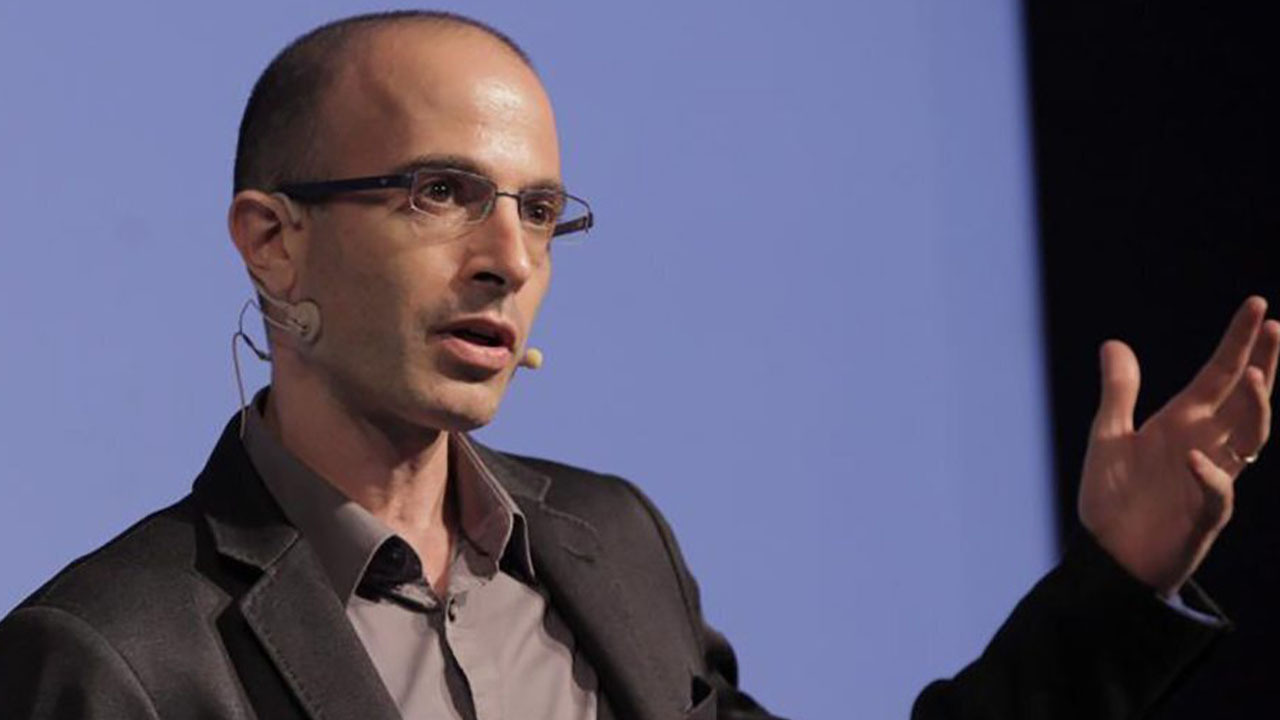Skilling up for the future: lessons from Yuval Noah Harari
26 July 2020 — Written by Mihika Shankar

When I was a primary school student in the 90s, I always wondered why we had to study history. It did not help matters that my history teacher at that time was an ardent advocate of rote learning. I knew every dynasty, every war, every civilization like I knew the back of my hand. I just did not know why I was supposed to know all of it. On the eve of one of my history examinations, I decided to bring this conversation up with my father, who was a marine geologist at that time. Much like historians, he too had spent years literally unearthing the story of the ocean floors. “History is a lot more than remembering important dates and battles. It is a doorway to understanding our race a little better; to make sense of who we are today and who we will become in the future, we must know our past.”, he had told me.
Once I was convinced that the past is indeed powerful, I began to enjoy the history of everything: the universe, the oceans, the forests, our festivals, our languages. Several decades later, when I stumbled upon the incredibly profound works of Yuval Noah Harari, I was overjoyed beyond measure. While human beings have had little success in predicting the future, rapidly evolving technologies such as AI and biotechnology have scattered the pieces of the puzzle even further.

On education
Out of the many topics, Harari touches upon in his talks, one particularly strikes me as urgent and relevant to higher education. Who gets to decide what the children of today need to learn to be successful professionals of tomorrow? Is the current system of education doing enough to prepare our children for the complex future we have set up for ourselves?
For a start, experts like Harari himself have no inkling about what kind of jobs will exist in a few years from now, leave alone the college degrees to take up! All we know at this juncture is the one critical skill that will enable us to navigate the unpredictable job market of the future: the ability to continuously re-invent ourselves.
To Harari’s point, it is a brand new adventure to discover and invent ourselves in our 20s. But it only gets harder to re-invent ourselves with every passing decade, because of all the work we have put in to get where we wanted to in the first place. So how can we work backwards from this end goal?
- Let us consciously question the paths that learners are ‘advised’ to take. There is no single college degree that will put our children on the fast lane to emotional and financial success.
- Should high schools teach skills such as mental balance as part of their curricula? They probably should, considering mental stability and emotional intelligence are skills that are most likely to bode well for learners.
- In the present day, the world already suffers from a barrage of uncensored and unverified information. In such a situation, learners barely need more information to digest. Rather, they need to be equipped with the skills needed to look for authenticity and find the relevance of the information in their lives.
- Graduation as a concept is overrated. If we need our children to weather any climate in the future, there is a need to educate them to be life-long learners and not just graduates.
Explore the links below for more of Yuval Noah Harari’s thoughts on education:
The Future of Education - Yuval Noah Harari & Russell Brand - Penguin Talks
Yuval Noah Harari: What kids need from education in the 21st century
3. ‘Advice for today’s young children?’ - Yuval Noah Harari on 21 Lessons for the 21st Century
In your opinion, what kind of jobs we will see in the future and what skills do you think we will need to thrive? Write to us in the comments below – we would love to hear from you.